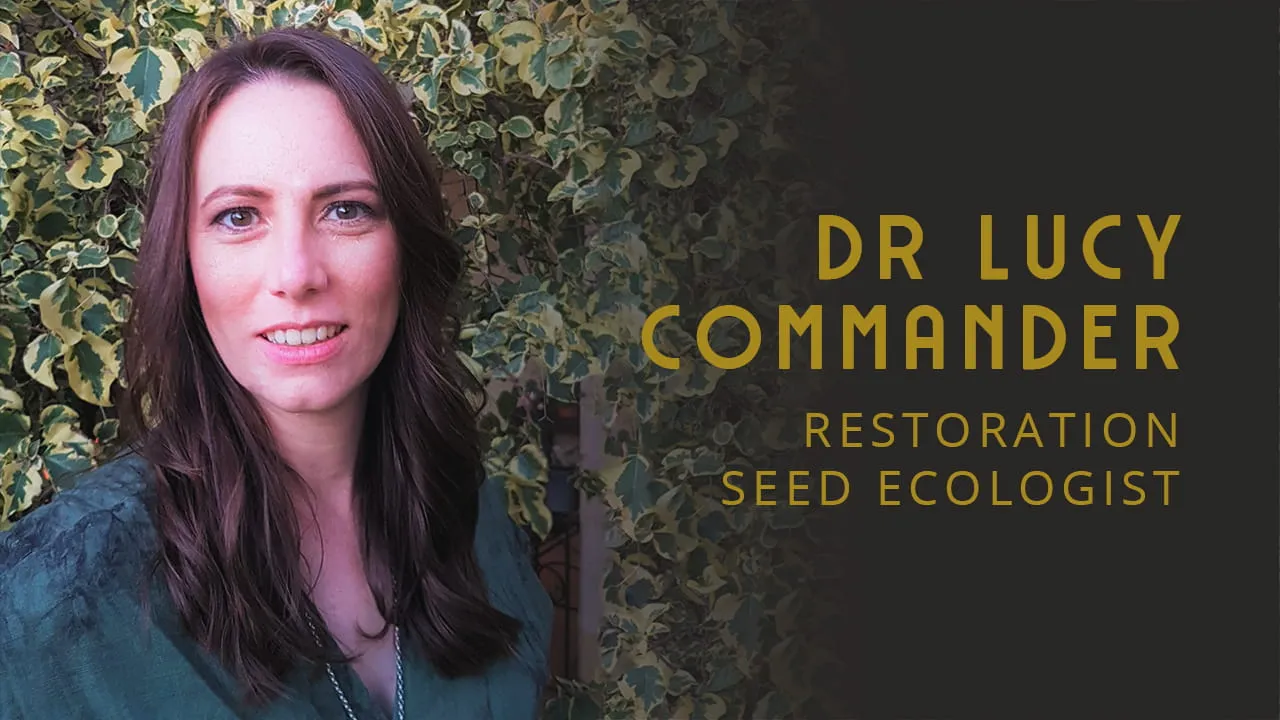Regenerative medicine and stem cell therapies with Rebecca Lim
Rebecca Lim is a stem cell biologist by training, and holds appointments at both the Monash Health Translation Precinct, as well as the Ritchie Centre at the Hudson Institute of Medical Research, where she runs her own research group. She also is an inventor in two patents in her area of research.
Join us as we talk about weightlifting, her love of dogs, and her work in regenerative medicine and stem cell therapies.Rebecca Lim is a stem cell biologist, weightlifter, and lover of dogs. We chat about Rebecca's journey to regenerative medicine and how stem cell therapies make a difference.
Content Warning: References to animal-based research at (35:10), non-graphic and safe for public consumption, but skip to (36:09) if needed.
About Rebecca Lim
Rebecca Lim is a scientist working on the clinical translation of cells from the human amniotic sac. She is a stem cell biologist by training and has been working on stem cells since 2003. Rebecca began her scientific training in Singapore where she studied biotechnology at a local polytechnic. And through a rather arduous route, found herself working as a researcher at Monash University in Melbourne and more recently, running her own research group at the Hudson Institute of Medical Research. Rebecca does a little bit of undergraduate teaching, but the bulk of her time is spent supporting her research team as they work collectively to push the boundaries of science and technology to answer questions that will allow them to make regenerative medicine accessible to those who need it.
Rebecca is scientific director for the cell therapies platform at the Monash Health Translation Precinct, and leads the amnion cell biology lab at The Ritchie Centre. She is Associate Professor at the Department of Obstetrics and Gynaecology at Monash University, and a career development fellow with the National Health & Medical Research Council.
- Twitter: @BiotechBec
- Google Scholar Profile: https://scholar.google.com.au/citations?user=wFrhu24AAAAJ&hl=en
Listen to the Podcast
Listen on Apple Podcasts, Spotify, iHeartRadio, Amazon Music, Castbox, Deezer, Goodpods, Overcast, Pocket Casts, TuneIn, Blubrry, Podcast Addict, Podchaser, JioSaavn, RSS , and other podcast platforms.
Watch on YouTube
- [04:15] Rebecca’s journey to weightlifting
- [05:51] Olympic lifting as an inclusive community
- [09:50] How weightlifting has improved Rebecca’s work/life balance and made her a better teacher
- [12:45] Rebecca’s journey to stem cell research
- [15:42] Stem cell classification criteria
- [17:48] Applications of liver stem cells
- [18:58] 3D printing of organs
- [20:50] How investigations into stem cells lead to regenerative medicine
- [25:45] The beginnings of investigating how to more accurately determine who has good stem cells
- [27:54] Grading stem cells for quality control
- [29:23] The question of what makes stem cells more or less potent
- [30:31] What grant writing involves
- [32:20] Collaboration for obtaining research data
- [33:22] A day in the lab
- [35:10] The animal house (discusses animal-based research, no graphic detail)
- [36:09] The diseases of focus in Rebecca’s research
- [40:04] Bonus Question 1: What hobby or interest do you have that is most unrelated to your field of work?
- [41:20] Bonus Question 2: Which childhood book holds the strongest memories for you?
- [42:41] Bonus Question 3: What advice you would give someone who wants to do what you do? Or what advice should they ignore?
Highlights
Topics
- Monash Health Translation Precinct
- The Ritchie Centre
- Hudson Institute of Medical Research
- Iaido (wiki)
- Crossfit (wiki)
- Weightlifting (wiki)
- Stem Cells (wiki)
- Cell Therapy (wiki)
- Regenerative Medicine (wiki)
- Amnion Cell Biology (Hudson Institute)
- Cell Care
- Cord Blood Banks (wiki)
- International Society for Cellular Therapy
- (Acute) Ischemic Stroke (wiki)
- Crohn’s disease (wiki)
- Bronchopulmonary dysplasia (wiki)
Books
Books authored by Rebecca Lim or mentioned in our conversation.
Connect with Us
- @steampoweredshow
- @steampoweredshw
- @steampoweredshow
- @steampoweredshow
- @steampoweredshow
- @steampoweredshow
- steampoweredshow
Support STEAM Powered
Review Us
Please leave us a review on Apple Podcasts, Spotify, GoodPods, Podchaser, or your preferred podcatcher.
Become a Patron
Affiliate Programs
Start your own podcast or YouTube channel, or run panels and seminars with
Riverside.fm. Record up to 8
people in a session with up to 1000 audience members. You can record in advance
as I do, or you can livestream with the option to send it straight to Facebook,
Youtube, Twitter, or Twitch. There’s even a green-room for guests and live call
in for audience members. Afterwards, get separate video (up to 4K) and audio (up
to 48kHz) tracks per recorded participant for editing, none of that “active
speaker only” limitation. You know you’re in good hands with a service whose
client-base includes some heavy-hitters. Check out
Riverside.fm to see who else is on
board. Use promo code STEAM25 to get 25% off the first three months of your
subscription.
Music is “Gypsy Jazz in Paris 1935” by Brett Van Donsel.
